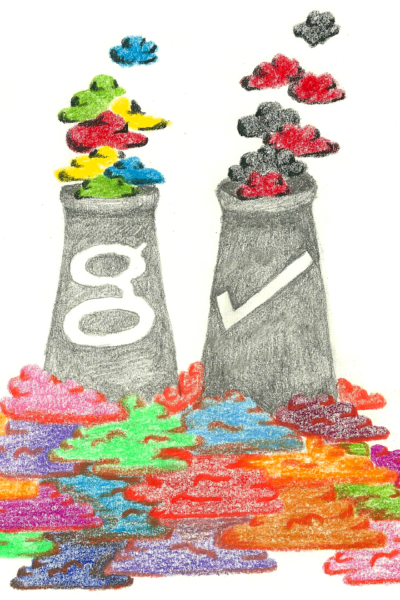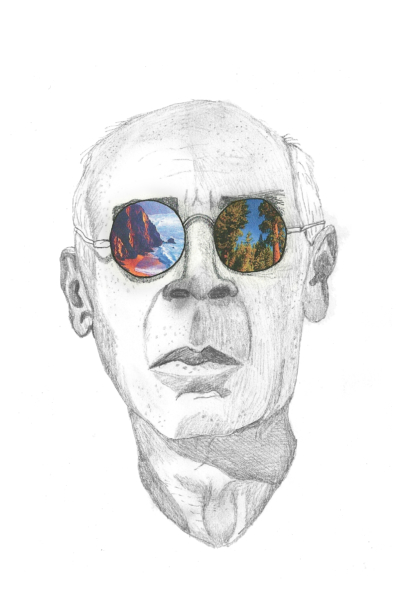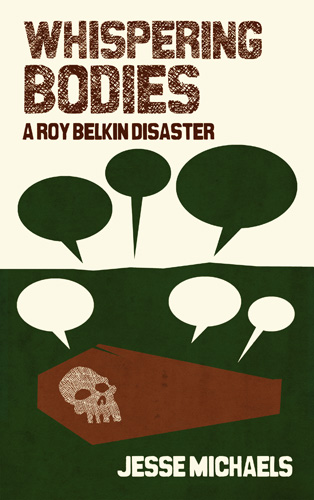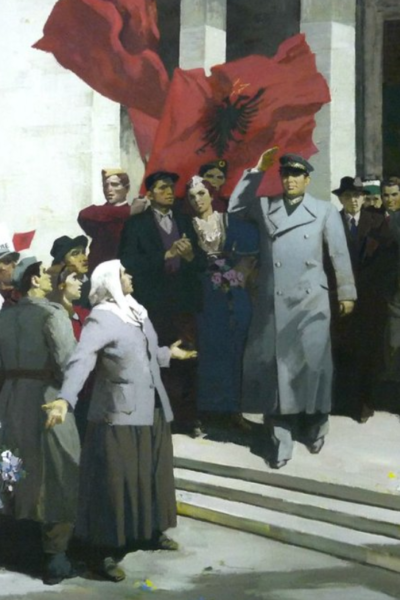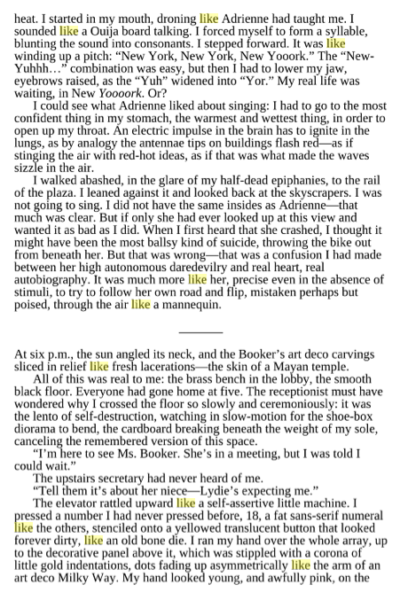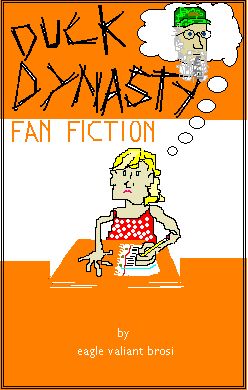To focus simply on the immediate costs of NSA spying — deterioration of privacy, tactical inefficacy — is not enough. The destruction of the commons and the privatization of public space is an equal, if not much more serious, danger.
Where Nothing Happens: On the Henry Miller Library
How can the Library sustain its status as an exciting, relevant cultural institution, while remaining a refuge for the peace-seeking?
Sneering Optimism: Jesse Michaels from Operation Ivy to Whispering Bodies
It could be demoralizing, recalling those days from the Excel-induced ennui of my nineteenth floor desk… but Jesse Michaels had grown up into a literary young man, too, and he was still punk as fuck.
Ismail Kadare’s Toolkit: Literature and Transition
He was no Václav Havel, Aleksandr Solzhenitsyn or Ai Weiwei. Yet, while not explicitly taking up contrary political positions, he had a literary toolkit that allowed him to scrutinize totalitarian power.
Notes for an Essay on Benjamin Lytal’s A MAP OF TULSA
Start the actual discussion by describing just how Lytal’s book winds around the not-so-wild Midwestern world of the author’s hometown. Note that the plot, too, concerns a homecoming. (Try to avoid using commas like table salt.)
A Person to Whom Certain Things Happened
Rachel Kushner’s THE FLAMETHROWERS has kindled sincere discussions in our literary press about the Great American Novel, but few critics have offered an interpretation. If it’s such a great novel, then what does it tell us?
Few writers carry language closer to the heart of their fiction than Diego Marani. In his work it assumes a central role, actually becoming character, story, and even setting.
Three Pieces of Duck Dynasty Fan Fiction to Look Into
Like drops of dew, these Duck Dynasty inspired pieces glisten at the window of my reading glasses, casting rainbows into the living room of my brain.
WRECK-IT RALPH: a Primer for Dads on Smashing Patriarchy
There is no ideal world for a person that pre-exists one’s participation in creating it. But here’s what Ralph and I can do: hurl our fumbling selves against the world. Smash it up real good.
Richard Dawkins and the Ascent of Madness
Wander too far down the path of rationalist dogma and it’ll be no surprise if you end up like Richard Dawkins, sunning his genitals in a world that no longer makes any sense.


